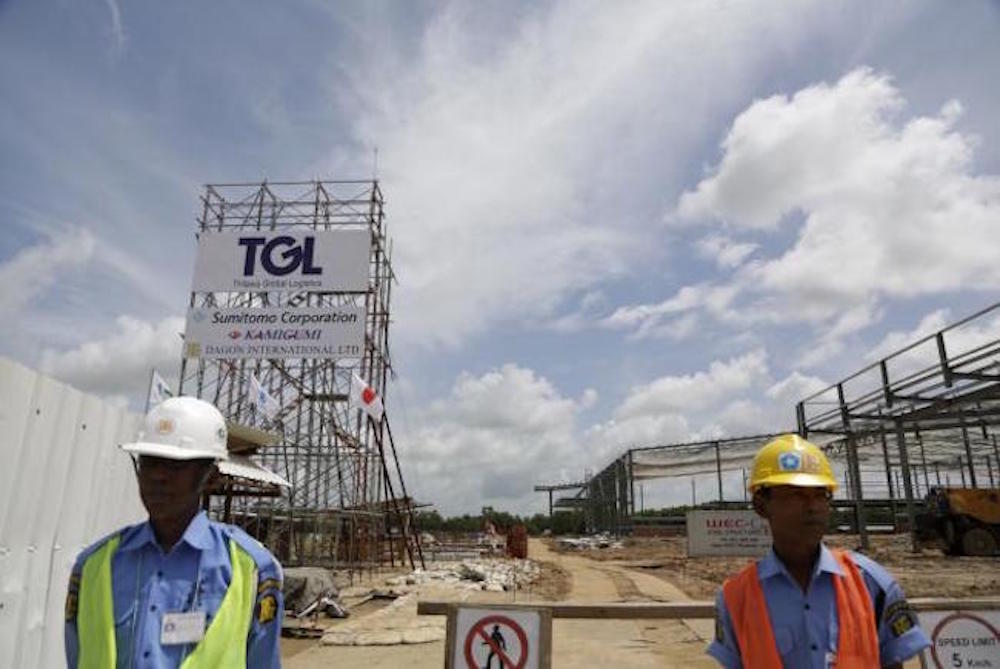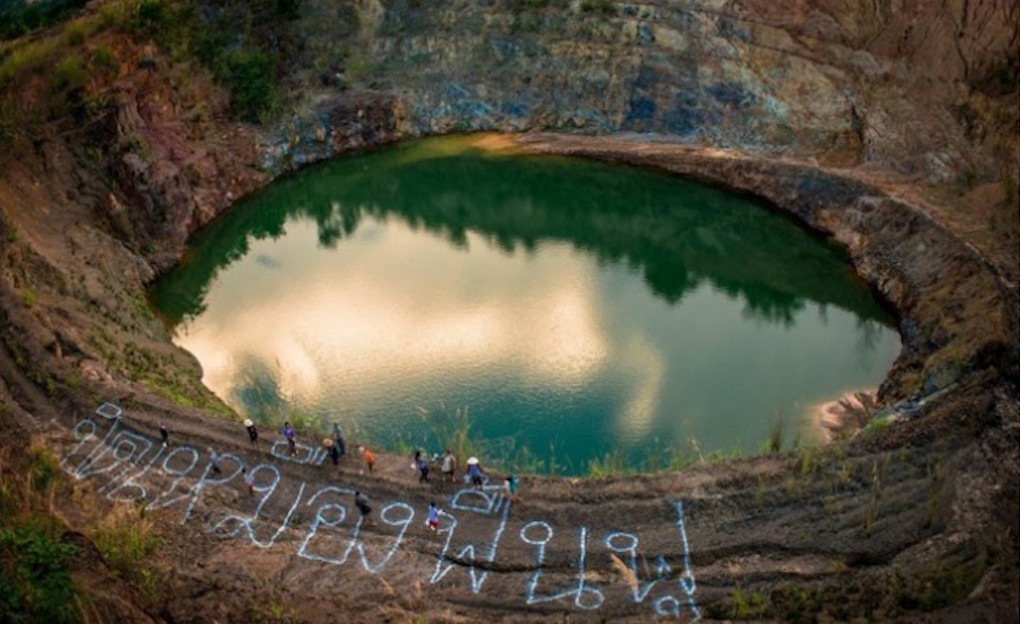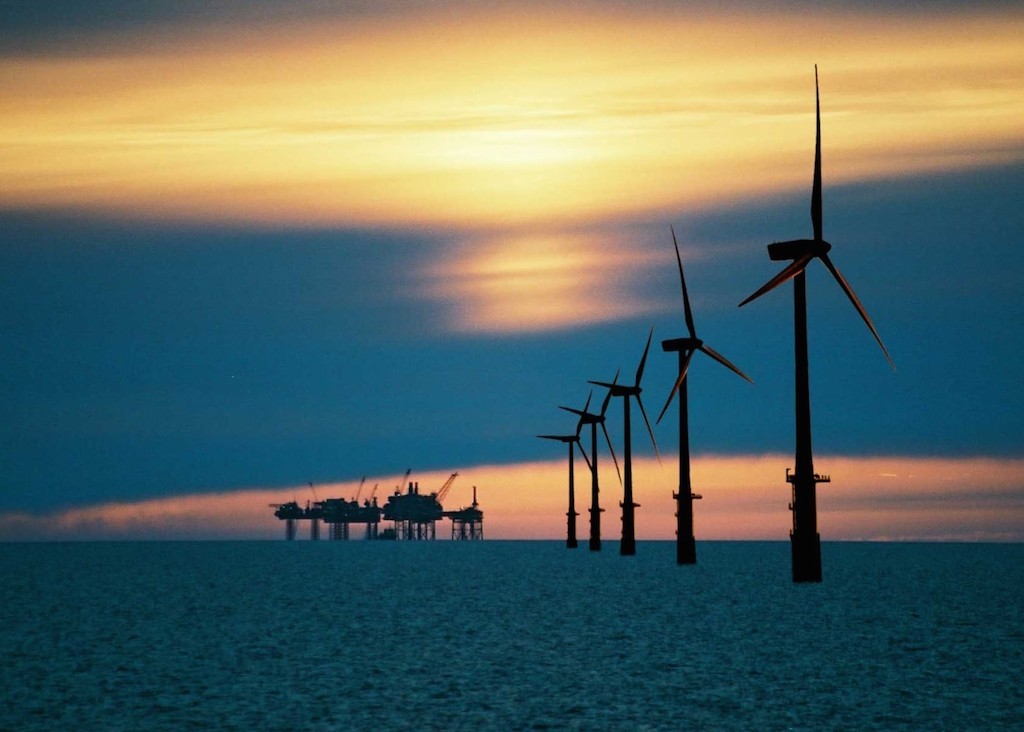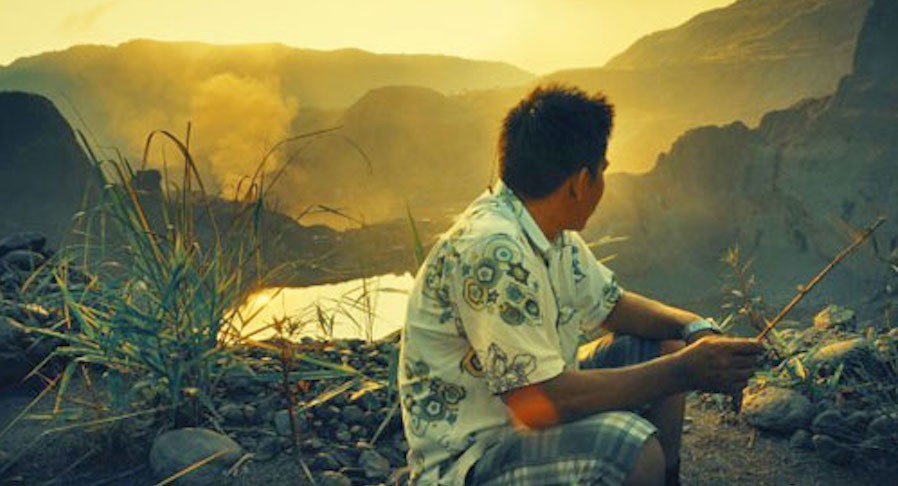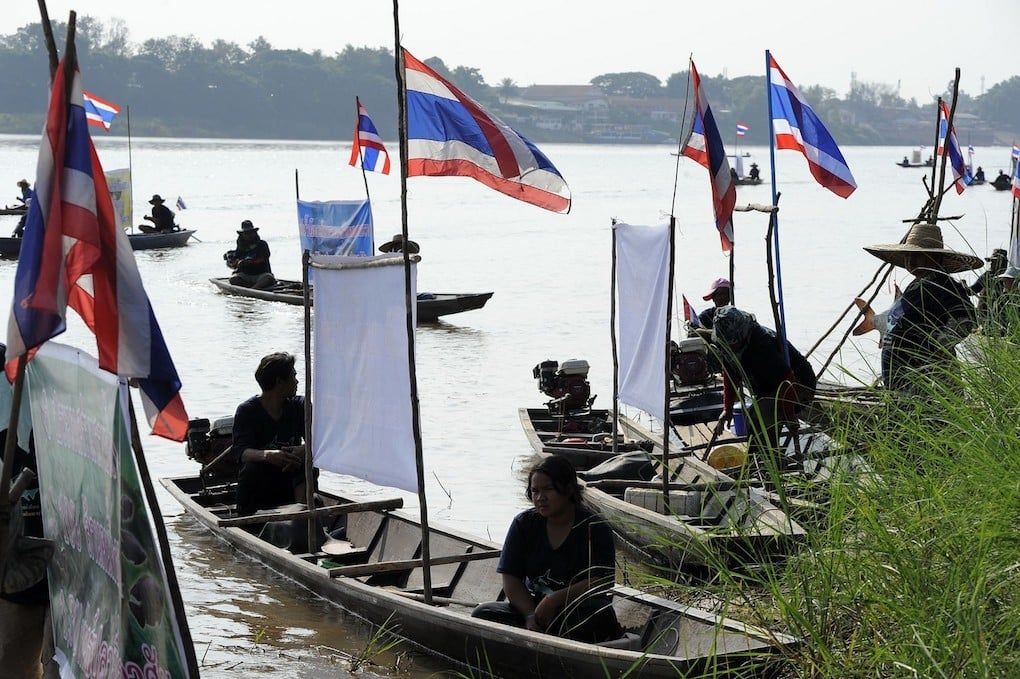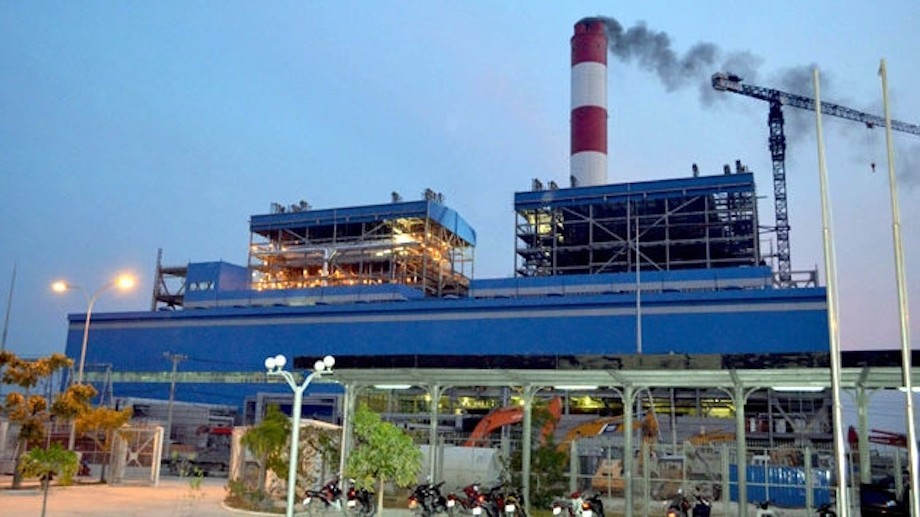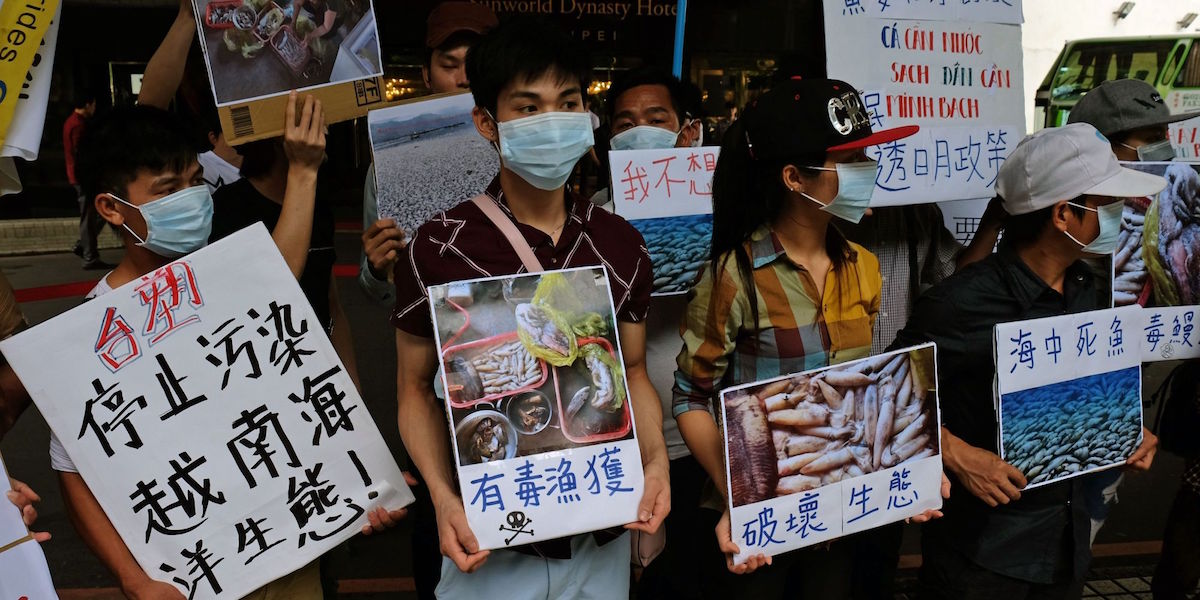A Rangoon regional minister explained in Tuesday’s parliamentary session plans to develop an area across four townships for a special economic zone and a new airport terminal.
According to the statement by Daw Nilar Kyaw—the divisional minister for electricity, industry and transportation—Kwan Chan Gone, Letkokkon, Kawhmu and Dala townships are listed as hosting the initiative.


